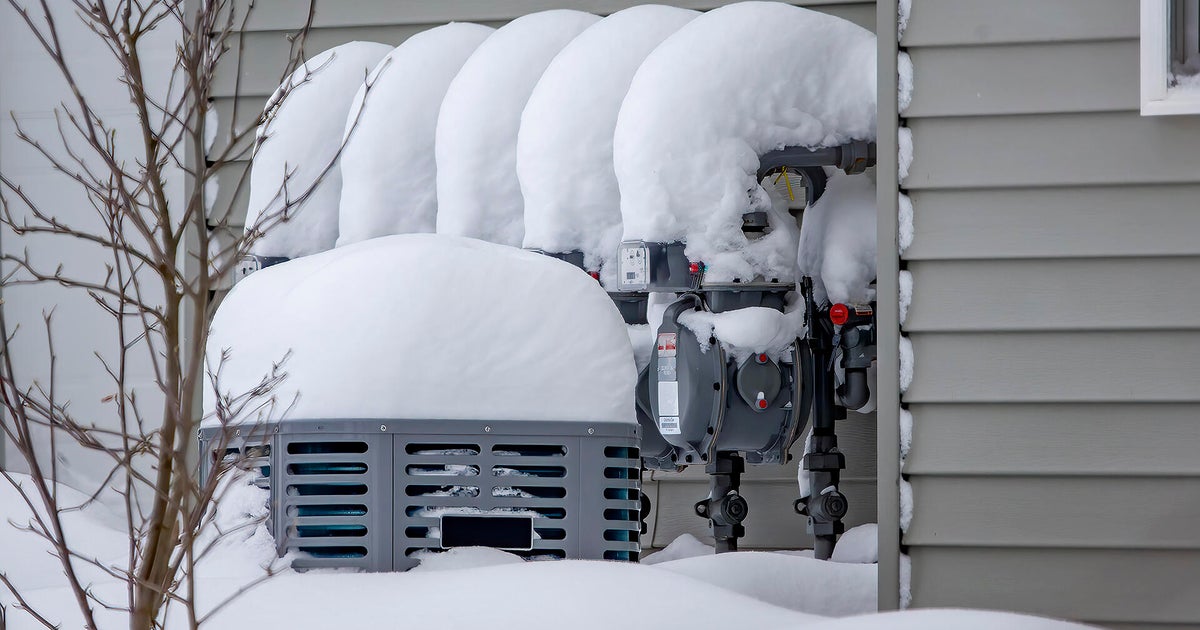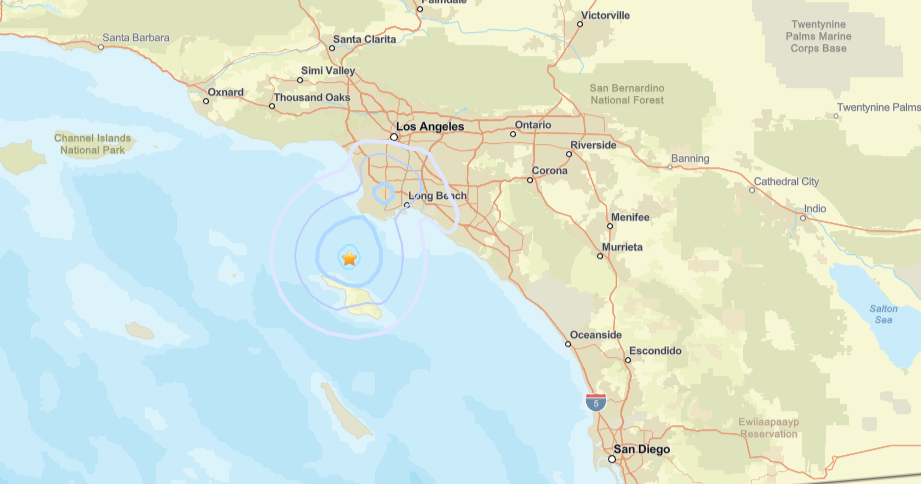Last year's floods swept away U.S. damage records
Noah should have built his ark in 2016. Flooding in the lower part of the U.S. was so bad last year it caused $17 billion worth of damage, according to CoreLogic’s annual Natural Hazard Risk Summary and Analysis.
The report said the total flood loss over the past year was six times greater than in 2015, thanks at least partly to an August deluge in Louisiana, with estimates of more than $10 billion in damage to homes and businesses. Adding to the losses was up to $1 billion in storm surge alone from Category 5 Hurricane Matthew in October, along with several other events of more than $1 billion each.
The spate of floods -- along with hurricanes, which were also higher than average with three major storms -- is likely to intensify the debate over global warming and the challenges posed by climate change.
“A warm world is a wet world,” said author and environmentalist Bill McKibben, who had earlier spent three days in jail for leading a demonstration against the Keystone XL Pipeline. “That’s one of the new millennium’s central facts.”
But President Donald Trump, who recently reapproved the Midwestern oil pipeline project that former President Obama had halted, denies this trend.
The CoreLogic report will also place additional pressure on Congress to revise the National Flood Insurance Program (NFIP) when it comes up for renewal this year. The NFIP has received more than 10,000 claims from Hurricane Matthew alone.
CoreLogic, which provides financial analytics to businesses and the government, also reviewed other U.S. natural hazards and said with the exception of flooding and wind, they were average or below average. These included earthquakes, wildfires, hail and winter storms, all of which trigger insurance damage.
Here’s a summary of the worst U.S. flooding during the past year:
- The Louisiana flood in August, with losses estimated at more than $10 billion.
- October’s Hurricane Matthew, which caused an estimated $4 billion to $6 billion worth of damage in insured losses, $3.5 billion to $5 billion from wind and $500,000 to $1 million from storm surge.
- The Sabine River Basin flood in East Texas and Louisiana in March, with losses estimated at $1.3 billion.
- The Houston flood in April, with losses estimated at $1.2 billion
- Flash and river flooding in West Virginia in June, with losses estimated at $1 billion.
In other destructive events, almost one-third of the continental U.S. experienced wind events of 60 miles per hour or higher in 2016. Among the nation’s largest cities, Nashville, Tennessee, ranked first as the windiest, with 21 wind-related events that reached a maximum wind speed of 72 mph.
The most destructive wildfire of 2016 was the Gatlinburg fire in Tennessee, which burned an estimated 16,000 acres. Texas experienced the worst hailstorm, expected to exceed $5.5 billion in estimated losses once the 2016 figures are tallied. That would be the state’s highest since 2008.
With 102 confirmed tornadoes, February experienced the most cyclonic activity in 2016, the second most-active February in history after 2008’s 146 tornadoes.
The U.S. was rocked with 943 identified earthquakes of magnitude 3.0 or greater, with more than 60 percent occurring in Oklahoma, which has seen a rapid rise in the rate of earthquakes comparable to quake-prone California.
Critics claim the Sooner State’s quakes, which have been as severe as 5.6, are due to “fracking,” a process which injects water and chemicals at high pressure into wells to bring up oil and gas. Oklahoma is now shutting down some of those wells.
The most significant winter storm of the year, which occurred last January, hit more than 100 million people from the South through the Northeast. Several all-time snowfall records were broken as well, including a total of 30.5 inches at JFK Airport in New York City, breaking the previous record of 26 inches set during the blizzard of 2003.



